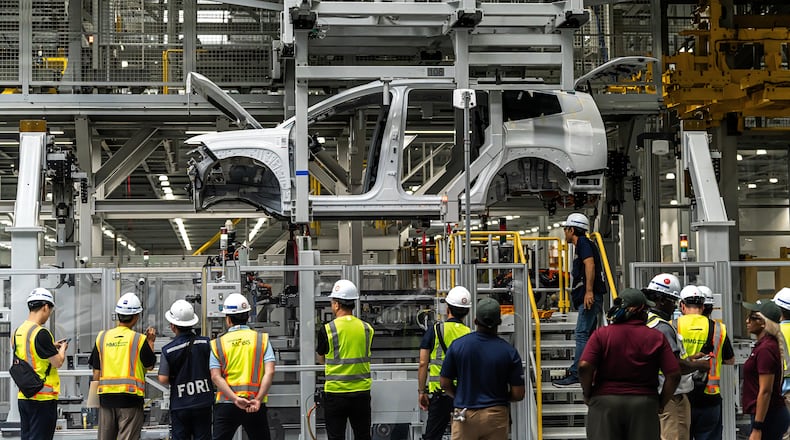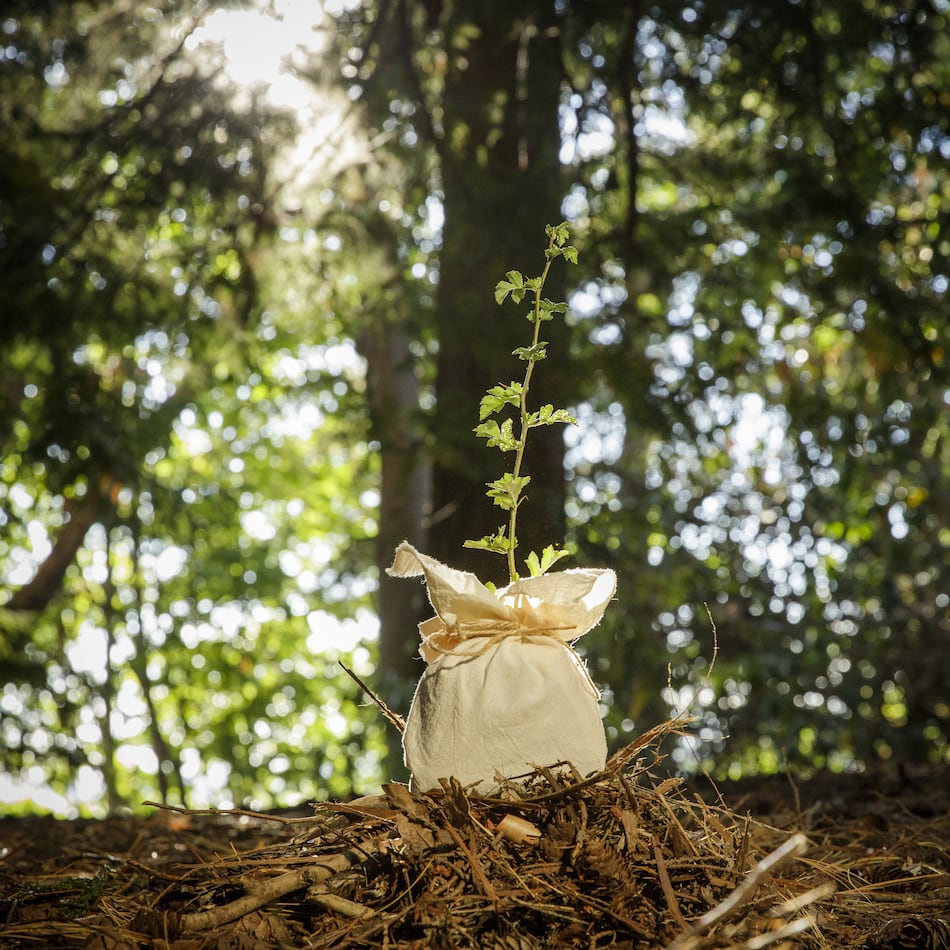When Hyundai Motor Group opened its new metaplant just outside Savannah in March, it was more than a milestone in manufacturing. It was a symbol of the decades-long partnership between the Republic of Korea and the State of Georgia. What began as a diplomatic relationship has become one of the most dynamic economic collaborations in the U.S.-Asia landscape.
In 2025, Georgia proudly celebrates the 40th anniversary of its investment office in Seoul, one of the first such offices established by any U.S. state in Korea. But our connection reaches even further back.
Korea opened a consular presence in Georgia in 1971, and KOTRA, Korea’s trade and investment organization, maintains an active office in the state to support bilateral investment and trade. These long-term diplomatic efforts laid the groundwork for a relationship rooted in trust, shared values and mutual economic benefit.
In recognition of this enduring partnership, Georgia was honored with the James A. Van Fleet Award from The Korea Society in 2023, serving as a testament to the success of our collaboration, which was accepted by Gov. Brian Kemp.
Korean investment in Georgia
One of the earliest milestones in our relationship came in 1996, when SK Group subsidiary SKC opened a plant in Georgia. It was the first major Korean-owned manufacturing facility in the state, and dozens more Korean companies followed. Georgia has not only welcomed the resulting tens of thousands of jobs and billions in investment but celebrated our strengthening cultural connections.
Korean industry leaders partner with Georgia in the mobility, energy and sustainability sectors. Since 2019, SK Battery America has invested $2.6 billion in an electric vehicle battery facility in the state. Hyundai Motor Group’s investment of $12.6 billion — including the new metaplant and two battery joint ventures with LG Energy System and SK On — will generate up to 40,000 direct and indirect jobs. The metaplant alone will produce 500,000 electric and hybrid vehicles annually at its state-of-the-art facility near Georgia’s coast and deepwater ports.
This momentum builds on a strong foundation. Kia, also part of Hyundai Motor Group, has invested $2.8 billion into its West Point plant since 2009. Now producing 350,000 vehicles per year, the facility has expanded to include EV manufacturing lines alongside traditional models.
The Georgia-Korea partnership also leads in clean energy. In 2018, Hanwha Qcells announced its solar panel manufacturing plant in Dalton, which opened as the largest in the Western Hemisphere. Since 2019, it has expanded three times. A second plant in Cartersville is now ramping up, expected to support up to 4,000 jobs in northwest Georgia.
South Korea’s CJ Group has also deepened its presence in the state. This year, CJ Foodville will open a $47 million bakery and food processing facility in Hall County, supplying Tous les Jours cafés with over 19,000 tons of baked goods each year.
Importantly, it’s not just the headline-grabbing corporations. Over the past decade, a variety of Korean companies supported directly by the State of Georgia are slated to contribute more than $24 billion in investment and create more than 33,600 new jobs. This includes companies in the automotive, logistics, food production and advanced technology sectors.
Korea is a key pillar in Georgia’s economic strategy
Around 100 Korean-owned facilities operate in Georgia, employing more than 17,000 people as of 2024. That number doesn’t include the facilities under construction, hiring timelines that are currently ramping up, or the many Korean-owned small businesses that are vital to Georgia’s local economies. Georgia is home to one of the largest Korean communities in the U.S., enriching our culture, economy and global outlook.
This partnership is mutual. Georgia-based companies such as Coca-Cola, Novelis and UPS operate in Korea, while Delta Air Lines connects Atlanta to Seoul with direct flights, making business and cultural exchange even more seamless.
In 2024, Korea ranked as Georgia’s third-largest total trade partner, with more than $17.5 billion in goods traded. That number speaks for itself — Korea is not just a friend, but a key pillar of Georgia’s global economic strategy.
Built on mutual respect, shared innovation and a commitment to prosperity, Georgia and Korea are writing the next chapter of global economic leadership — together.
Credit: State of Georgia
Credit: State of Georgia
Pat Wilson is the commissioner of the Georgia Department of Economic Development.
About the Author
The Latest
Featured



